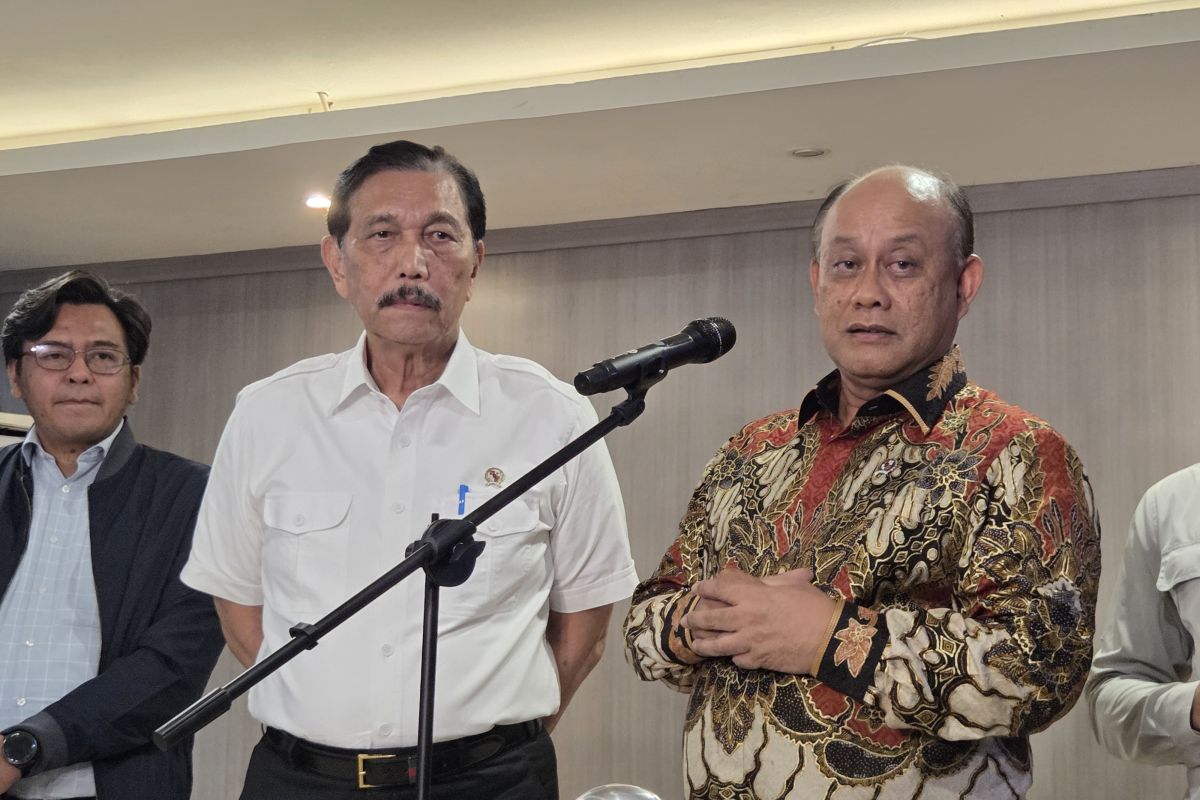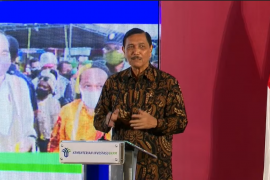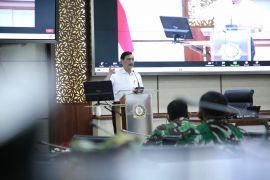His remarks came in response to a call by the Indonesian Economists Alliance (AEI), which urged the government to temporarily suspend the MBG program, citing its large budget allocation and the fact that more than 5,000 students had suffered from food poisoning.
Speaking at a press conference on Friday following a meeting with National Nutrition Agency (BGN) Head Dadan Hindayana in Jakarta, Pandjaitan said the government has already conducted a comprehensive evaluation to improve the program’s implementation.
“What matters is that the process looks good and is ongoing. If there are shortcomings here and there, we fix them. We shouldn’t be overly pessimistic just because there are issues,” he said.
“Of course, we are taking the recent poisoning incidents very seriously. But improvement efforts are now underway,” he added.
The DEN Chairman emphasized that the MBG program provides long-term benefits, as it helps establish local food supply chains involving products such as eggs, fish, and bananas.
“It’s only been nine months since the program started.. so let’s not rush to criticize everything. Criticism is fine, of course. But what I mean is, this program is creating new economic hubs,” he noted.
Pandjaitan also underlined the importance of expanding the role of local governments in the program’s implementation, saying that greater regional involvement would ensure more accurate food distribution.
For that reason, he urged the public not to rush to judge the MBG program negatively. With improved data and systems, he believes the program’s implementation will improve significantly over the next three months.
“I believe in the next three months it will certainly get better, because with the available data and field inspections—we are conducting physical checks and have also formed a team from the National Economic Council to monitor it—so we are not just relying on reports,” he underlined.
Within this new system, he believes that President will receive accurate, data-based reports, allowing for more precise decision-making.
Earlier, AEI suggested that the MBG program should be temporarily suspended, citing concerns over budget misallocation.
“By shifting the MBG recipients from a universal to a targeted model, the government can reduce inefficiencies and better align the program with its policy objectives. Every rupiah should be spent effectively,” said economist Lili Yan Ing.
Fellow AEI economist Milda Irhamni echoed those concerns, stressing the need for transparency in the program’s implementation and urging that evaluations be carried out by independent bodies to avoid conflicts of interest.
Related news: Govt acts on MBG food poisoning: Unsafe vendors to be shut down
Translator: Bayu Saputra, Kuntum Khaira
Editor: M Razi Rahman
Copyright © ANTARA 2025











